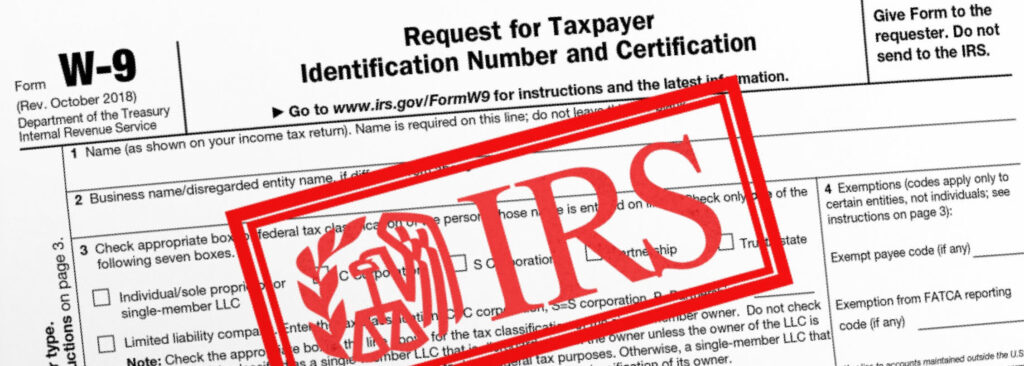Year-end tax planning is where we consider decision making prior to the year-end. December 31 is an important date, because after the New Year, some, if not most value added tax planning strategies are no longer available. So carpe tributum!
Gillingham CPA planning goals in general
“Tax planning involves calculating taxes due, implementing tax payment strategy, planning for major life or business events and implementing annual incremental decision making that may have compounding benefits over time.”
No Tax Planning Panacea
Tax planning often involves future unknown variables that can Trump a tax plan. We do our best to plan under current policy and educated guesses about what the financial and life decision may hold.
Below we divide general tax planning matters between typical individual and business clients that we serve – Generally, equity compensated employees, early stage small businesses, and independent consultants.
Tax planning trigger, compliance, and planning points
There are a few main tax planning pools that exist for consideration that also dip into areas that are not just dollars and sense.
Generally planning starts at compliance where quality of life and avoiding penalties form the base of the planning pyramid, as we work up the Gillingham Hierarchy of Client Needs.
Tax Planning Triggers – Key word – “Change”
-After filing any tax return
-Q4 as we move into the New Year
-New job or business
-Major asset purchases or sales
-Stock grants, exercises
-Private investment decisions
-Elections
-New business formation or re-organization
-Foreign anything (bank account, investment, moving)
-Moving states or even cities
-New income streams
-Change in family dynamics
-Major health changes
Individual Compliance
-Healthcare!!! Enrollment periods are limited and typically open during the year or change of life type of events
(See Covered CA, employer options, or even local coverage options if your income is to be extraordinarily low due to operating a startup business or other circumstances)
-Paying tax when required to
(income and property tax)
-Establishing any change in residency from local, to state, to federal
Individual Planning
-Timing of tax payments
-Participating in workplace retirement plan
-IRA and other types of retirement planning
-Income acceleration or reduction strategies
(Typically when in low or high tax years)
-Asset sale strategies
-Investment considerations
Business Compliance
-Local, state, federal registration and related tax
(City tax, payroll tax, state, federal)
-Business specific registration requirements
(permitting)
-HR related compliance – often an attorney matter
(healthcare, disability, unemployment insurance, general insurance, workplace policy)
-Adequate recordkeeping systems
Business Planning
-Retirement plan implementation
-Income acceleration or deceleration strategy
-Accounting implementation
-Investor planning
(debt, equity, capital contributed etc…)
In Conclusion
Please do get in touch if you think any of the above applies.
Best,
John



